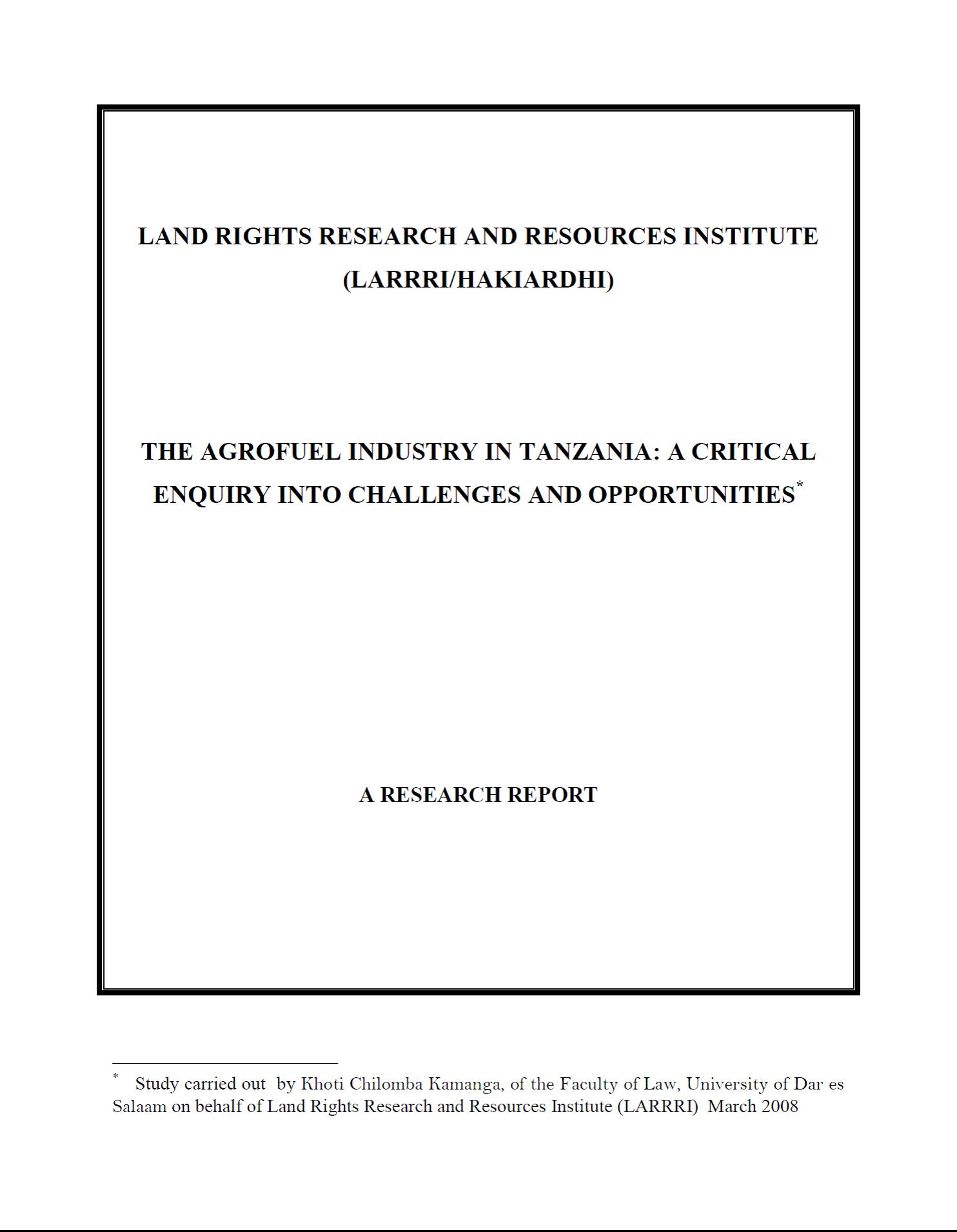Long-term global availability of food: continued abundance or new scarcity?
During the 20th century hunger has become a problem of poverty amidst plenty rather than absolute food scarcity. The question is whether this will remain so or whether the hunger of the poor will once more be exacerbated by rising food prices. In this paper we discuss biophysical conditions, social forces and non-linear interactions that may critically influence the global availability of food in the long term.








